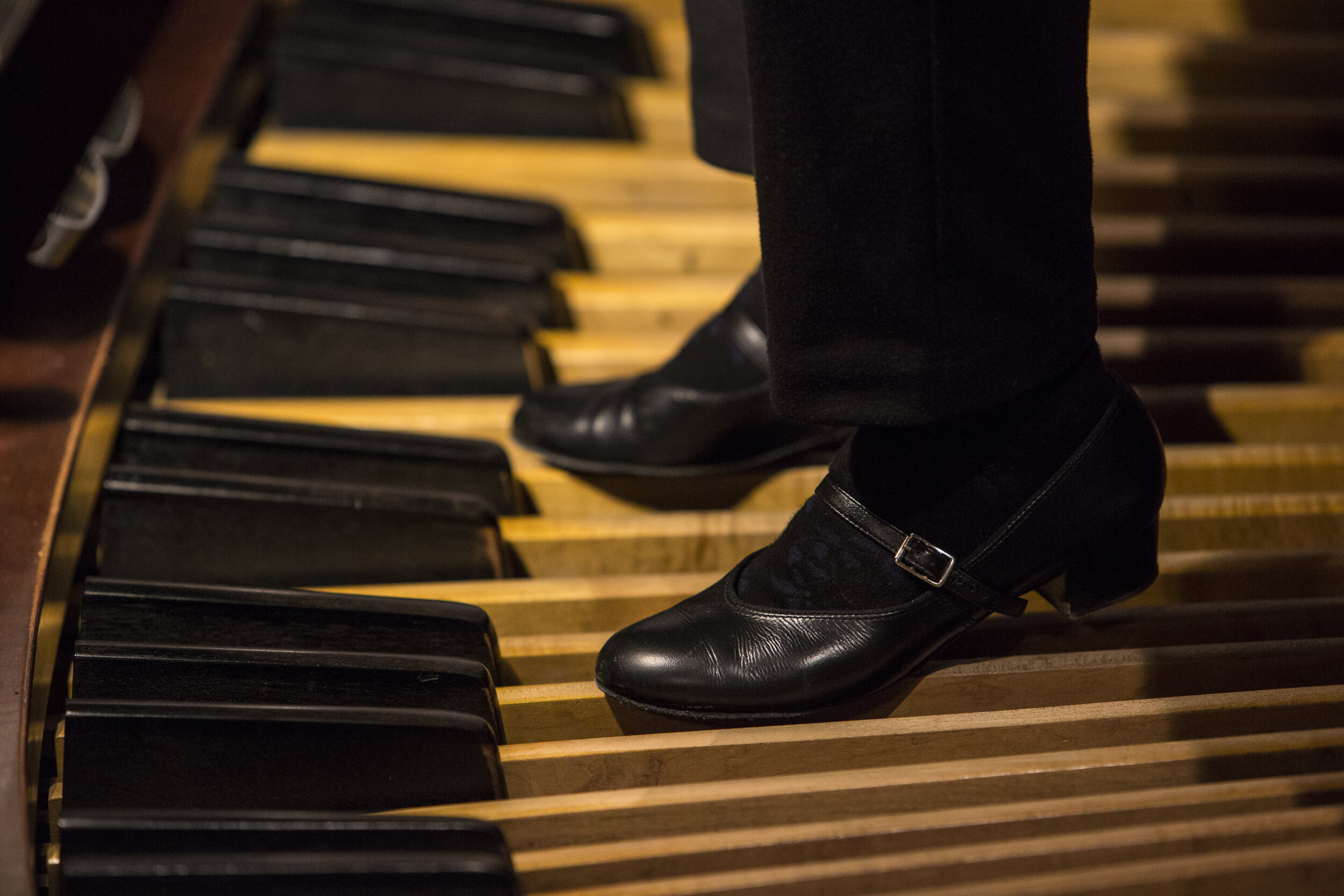
What to Expect
Are you coming from another Christian denomination? Here is what to expect from the Episcopal Church.
The Episcopal Church — our rituals, observances, and structure — has many similarities to the experience of a Mass in a Roman Catholic church.
But there are some very important differences.
The Episcopal Church traces its history back through the Church of England, which broke away from the Roman Catholic Church during the Reformations of the 16th century over issues both political and theological. The political issues included the papacy and how the church was to be governed. The theological issues were ones raised during the Reformations by theologians such as Martin Luther and John Calvin: the place of Scripture and tradition; worship in the language of the people; certain sacramental practices and understandings; and mandatory celibacy for priests.
Episcopal vs. Roman Catholic
Ways in which we are different:
The Episcopal Church does not recognize the authority of the Pope. Bishops are elected by the clergy and lay people of their dioceses to provide pastoral guidance and encouragement. Parishes function independently, calling their own clergy (with the support of the diocese) and electing their own leadership from within the congregation. Dioceses are organized into a national church and one bishop among the many is elected for a 9 year term to be the Presiding Bishop. Parishes DO NOT receive funds from the diocese, but are self-supporting.
The Episcopal Church allows anyone to be in a position of ordained leadership — priests, reverends, deacons, bishops, etc. They may be female, gay, or transgender. Any of these figures can also marry and have a family.
Married couples are permitted to use responsible means of birth control.
Individual confession is always an option with the clergy, though it is not mandatory and rarely practiced. But it available upon request.
Laypeople serve in leadership roles, with a congregationally elected Vestry (governing board) leading each church in partnership with its priest and state-level Dioceses able to conduct themselves relatively independently of any central authority.
The church affirms the rights of all individuals as beloved by God, including any race, creed, religion, gender-identity, or sexual orientation
Ways in which we are the same:
The weekly service will feel very familiar, with many of the same readings, congregational participation, and sacraments
We believe in the Holy Trinity, the inspiration of Scripture, and the Resurrection and the Second Coming of Jesus Christ at the end of time
The seven sacraments — Baptism, Holy Communion (Eucharist), Confirmation, Reconciliation, Matrimony, the Orders, and Unction — are all practiced in similar ways
While Holy Communion is practiced in much the same way, Episcopalians do not believe in “transubstantiation” in the same way as Roman Catholics. Episcopalians do believe in the “real presence” of Christ’s body and blood in the eucharistic elements of bread and wine, while refusing overly specific definitions of how this happens and embracing the mystery of God
The same religious feast days and holidays are observed
We honor the saints of the church and pray for their wisdom and intercession on our behalf
The Big Takeaway
If you would like to continue familiar traditions of a weekly sacramental worship, but do not find yourself at home any longer with Roman Catholic social and political positions, the Episcopal church will be a welcoming and comfortable place for you.
For more details, visit the Diocese of Rhode Island or the Episcopal Church national page.

Get our Weekly E-News
The latest news as well as links to weekly bulletins and changes to our worship schedule as we move to indoor, in-person options.
